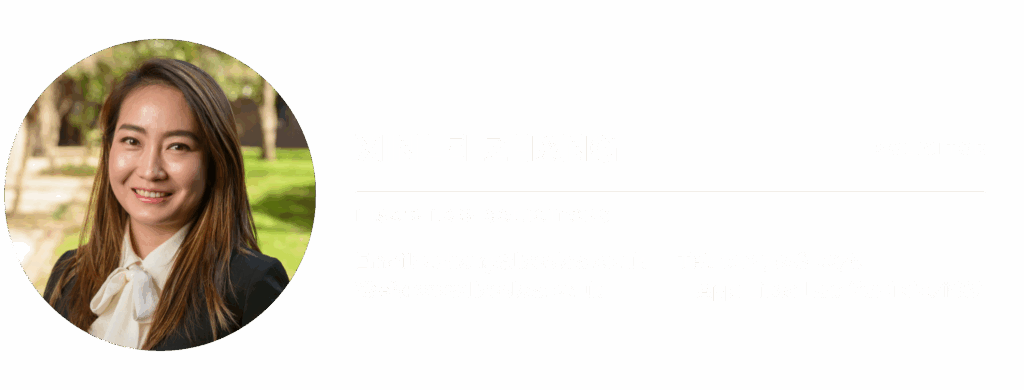A landmark change in the law will see family courts working from a starting point of no longer presuming that having contact with both parents is in the best interests of a child, commonly known as presumption of parental involvement.
Presently, under Section 8 of the Children Act 1989, courts in England and Wales work under the principle that children should have contact with both parents providing that there is no evidence that a parent could put the child at risk of harm.
According to family lawyers and campaigners, this “pro-contact culture” has meant that in many cases, the family courts have placed the rights of abusive fathers over the safety and wellbeing of children.
This has often put children at risk, with a report published last month for the domestic abuse commissioner’s office finding that even in cases where domestic abuse was present, unsupervised overnight contact had been allowed. A review of the presumption of parental involvement was originally launched in November 2020 by the then Conversative government, which concluded in 2024, however the results were not published by the Ministry of Justice until now.
While the change isn’t immediate, the government has confirmed that it would repeal the presumption of parental involvement from the Children Act 1989 “when parliamentary time allows”. Campaigners have called for the immediate repeal of the presumption of parental involvement following the decision.
The government also recently announced plans to restrict the exercise of parental responsibility in cases where a personal with parental responsibility has been convicted of a serious sexual offence against any child, or in cases where a child has been born of rape. These measures form part of their plan to halve violence against women and girls in a decade.
What did “parental involvement” look like under the previous law?
The presumption of parental involvement applies to any kind of parental involvement. This can be direct (such as face-to-face contact) or indirect (such as letters, messages, or phone calls) – provided it is consistent with the child’s welfare.
This principle was introduced through the Children and Families Act 2014, following concerns that some parents, particularly fathers, were being unfairly excluded from their children’s lives after separation. The reform was intended to reinforce the importance of both parents maintaining a meaningful role in their child’s upbringing.
The approach has since proved controversial and is now at the centre of debate, with critics arguing that it has, in practice, led to unsafe contact arrangements in cases involving domestic abuse.
The Chief Executive of the charity, Women’s Aid, Farah Nazeer, commented on the decision:
“Women’s Aid warmly welcomes the decision to remove the presumption of contact in family court cases. This archaic presumption has put the lives of women and children at risk for far too long, and this must stop now.
Contact with an abuser is deeply harmful to children, with it not only risking their physical and mental wellbeing, behaviour, and development, but also their lives, in the most extreme of cases.
Decision makers need to recognise that abuse is a pattern of behaviours, and that the potential for escalation and risk of harm is there even after the parent’s relationship has ended.”
Family Solicitor Explains
Family Law Solicitor, Xinlei Zhang, explains the legal implications of the decision and its impact on clients.
While the intention behind the presumption of both parents’ involvement in a child’s life is to promote parental relationships – so that the child can grow up knowing both parents and maintaining relationships with each after separation – it was originally believed to be in the child’s best interests. However, this approach often overlooked the fact that the child’s safety must remain the paramount consideration, particularly in cases involving domestic abuse, where the courts have at times still permitted contact despite risks.
Following recent changes, the courts must now carefully assess any allegations of harm towards the child and weigh the presumption of parental involvement alongside the other factors in the welfare checklist under section 1 of the Children Act 1989. This approach provides a more balanced and effective way to safeguard children’s welfare.
Allegations of harm, including any past abusive behaviour, are now taken very seriously by the courts. Judges will carefully consider whether contact or shared parenting is safe. Parents can take comfort in knowing that the law aims to protect children while still allowing them to maintain safe and meaningful relationships with both parents wherever possible.
Have questions? Get in touch today!
Call our office on 020 7928 0276, we will be taking calls from 9:30am to 6:00pm.
Email us on info@lisaslaw.co.uk.
Or, use the contact form on our website. Simply enter your details and leave a message, we will get right back to you: https://lisaslaw.co.uk/contact/
For more updates, follow us on our social media platforms! You can find them all on our Linktree right here.






